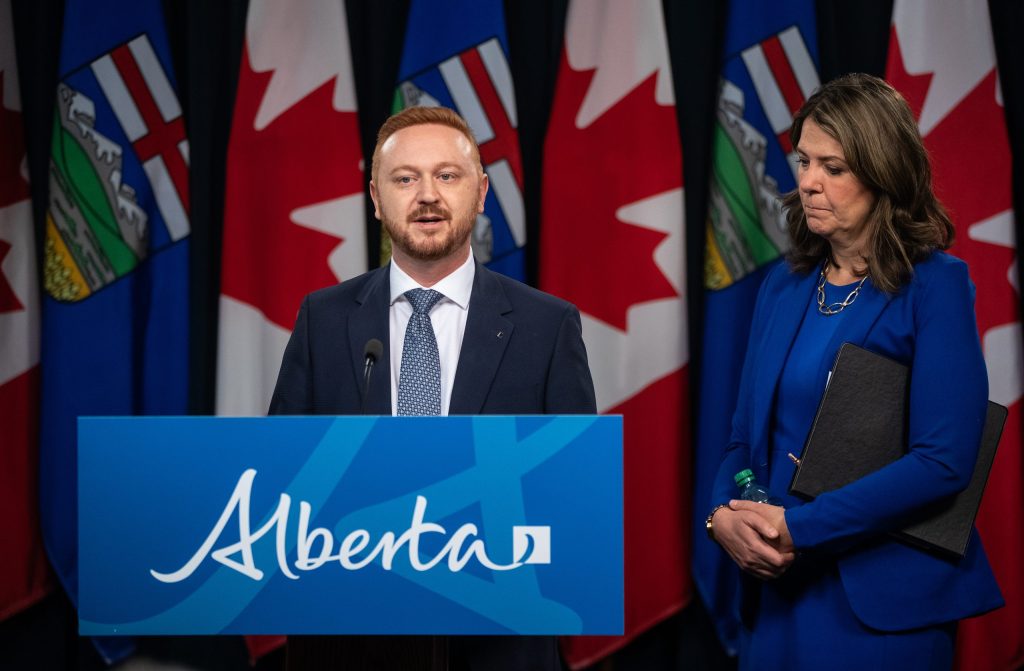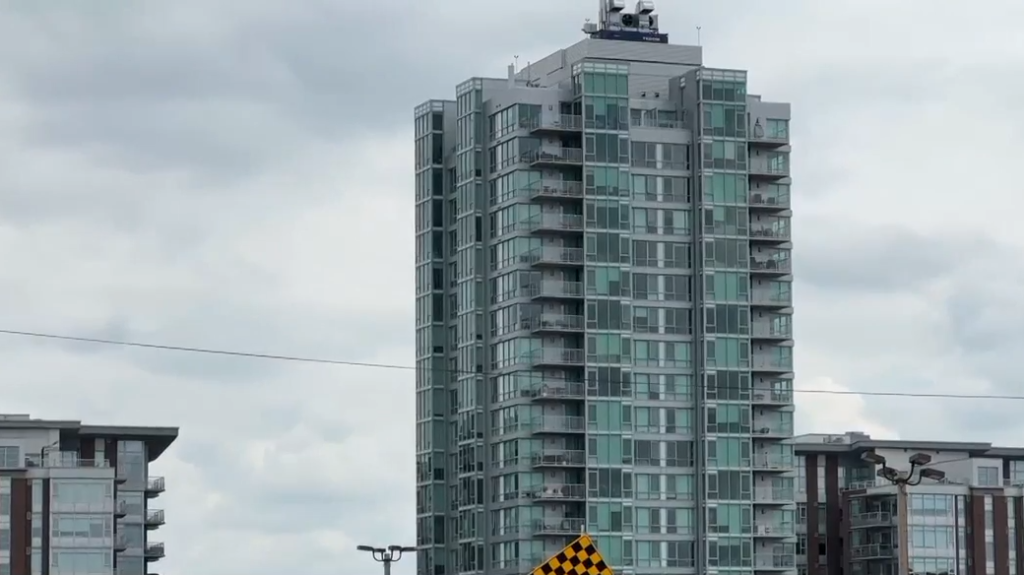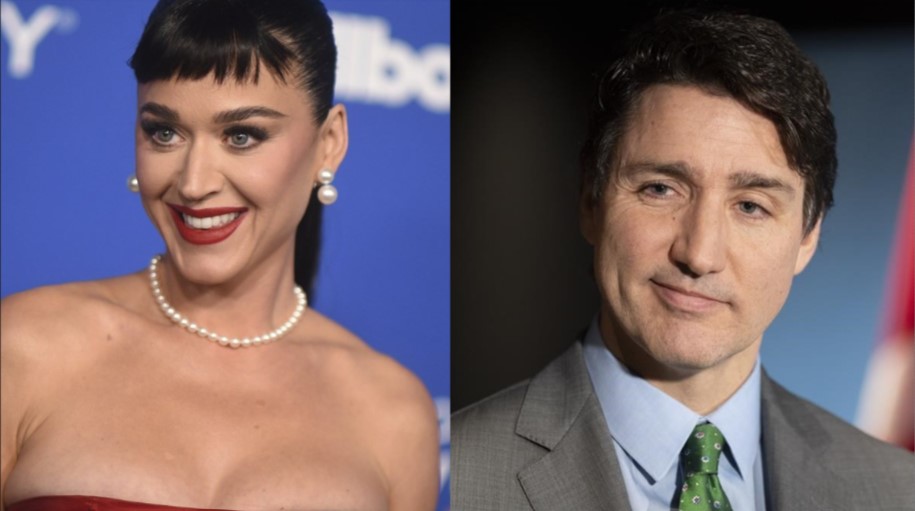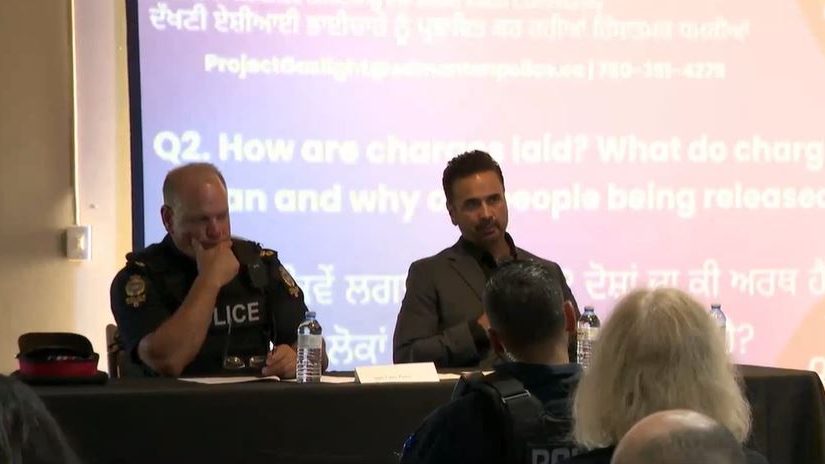Federal candidates discuss Canada’s energy future
Posted September 18, 2019 6:17 pm.
Last Updated September 19, 2019 5:17 am.
This article is more than 5 years old.
CALGARY (660 NEWS) — As candidates on the campaign trail make their way across the country, one of the topics that has arisen is the best way to transport Canada’s energy products from coast to coast.
“There is no reason why we can’t be energy independent in this country when we have so many resources available to Canadians,” said Andrew Scheer, leader of the Conservative Party of Canada.
After a week talking about taxes, helping Canadians get ahead and a few controversial candidates, the energy debate has finally caught up to party leaders.
Now the conversation isn’t about how we get our product into the US, but rather how the provinces can pull together to create energy infrastructure within Canada.
During a stop in Fredericton, Justin Trudeau was asked why he supported a pipeline in the west but not Energy East.
Trudeau pointed out the project was withdrawn by TransCanada for market reasons including price and supply and demand.
“If there is no project for the federal government to evaluate, then is no project for the federal government to evaluate,” Trudeau said. “Projects that come forward we will be evaluated on their merit through a rigorous process that the conservatives didn’t believe in.”
READ MORE: NDP, Liberals promise more spending, while Tories promise spending cuts
Quebec has often been seen as the biggest hurdle to the east to west energy infrastructure, but Andrew Scheer believes an agreement that satisfies everyone can be reached.
“I’m prepared to work with the government of Quebec to establish the energy corridor which will address these kinds of concerns around environmental issues, around consultations with indigenous Canadians,” Scheer said. “It will create a win-win scenario for the province of Quebec; it will allow western Canadian energy to be transported to eastern Canadian markets; it will also allow Quebec to share its hydroelectricity with other regions as well.”
It’s a vision shared by the premier of Canada’s most oil-rich province, Alberta.
“Ya know, British Columbia wants more LNG exports, Quebec wants to export their hydropower east and west, as do some other provinces like Manitoba, so it’s not about oil and gas,” Premier Jason Kenney said. “This is an opportunity to tie the country together more strongly.”
Whether or not this all leads to a new national energy strategy is yet to be seen.








